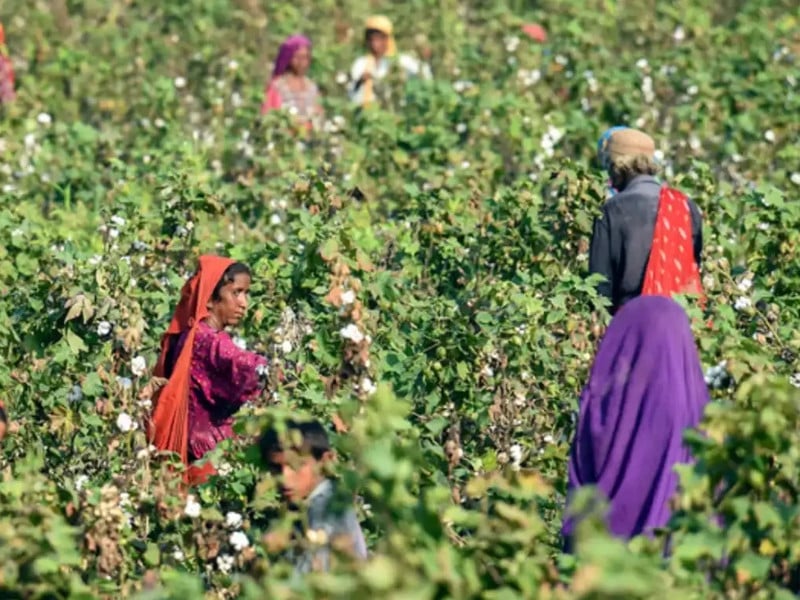KARACHI:
The Sindh Assembly unanimously approved the Sindh Agricultural Income Tax Bill 2025 on Monday, imposing a 45% tax on agricultural income starting January 2025, as required by the federal government under the conditions set by the International Monetary Fund (IMF).
The bill was presented in the assembly by Provincial Parliamentary Affairs Minister Ziaul Hassan Lanajar, following its approval by the provincial cabinet, chaired by Chief Minister Murad Ali Shah.
Speaking on the bill, Chief Minister Shah criticized the Federal Board of Revenue (FBR), calling it a “hotbed of corruption”. He refuted claims made by the FBR that the agricultural sector does not pay taxes, emphasizing that agricultural tax had been imposed in the province for over 30 years.
Shah also highlighted the FBR’s failure to effectively address tax collection, stating, “Just as the FBR failed in some areas, it failed here [in the agriculture sector] as well.” He pointed out that the Sindh Revenue Board (SRB) had consistently met its revenue targets.
The chief minister recounted the provincial government’s rejection of a federal proposal to have the FBR collect the agricultural income tax, stressing that it was a provincial matter. Shah explained that the IMF had insisted on the tax as part of the agreement, with the provincial government initially expressing reservations about its rapid implementation.
He added that the federal government had pressured the provinces to pass the bill, stating, “K-P [Khyber Pakhtunkhwa] has passed the bill, Punjab has passed the bill, and Balochistan’s cabinet has approved it. They then turned their attention to us, asking us to approve it.”
Shah also expressed frustration with the federal government’s treatment of the provinces, emphasizing that provincial ministers and citizens were already paying taxes regularly. “I and my family pay our taxes, often more than those who find other ways to avoid them,” he said.
Discussing the challenges faced by farmers, the chief minister stressed the importance of water for agriculture, noting that his own family’s land could not be cultivated due to water scarcity. He emphasized that while taxes were necessary for governance, they should be implemented in a way that supports the economy without burdening the people unfairly.
Details of the Bill
The Sindh Agricultural Income Tax Bill 2025 is part of the commitments made under national fiscal agreements between the provinces and the federal government. Under the bill, the SRB will be responsible for collecting and implementing the agricultural income tax, effective from January 1, 2025.
The bill aims to expand the tax base, improve transparency, and ensure the agricultural sector’s fair contribution to the province’s economy. Agricultural income up to Rs600,000 per year will be exempt from the tax, while income above Rs5.6 million per year will be taxed at a maximum rate of 45%.
Additionally, a super tax will apply to incomes above Rs150 million, with the maximum rate set at 10% for income exceeding Rs500 million. The bill also includes corporate farming in the tax net, with small companies taxed at 20% and large companies at 29%.
Notably, the livestock sector is excluded from the tax, and the advance agricultural income tax based on cultivated land has been abolished. To ensure transparency, the process of tax payment, collection, and filing will be fully automated.
- Desk Reporthttps://foresightmags.com/author/admin/











